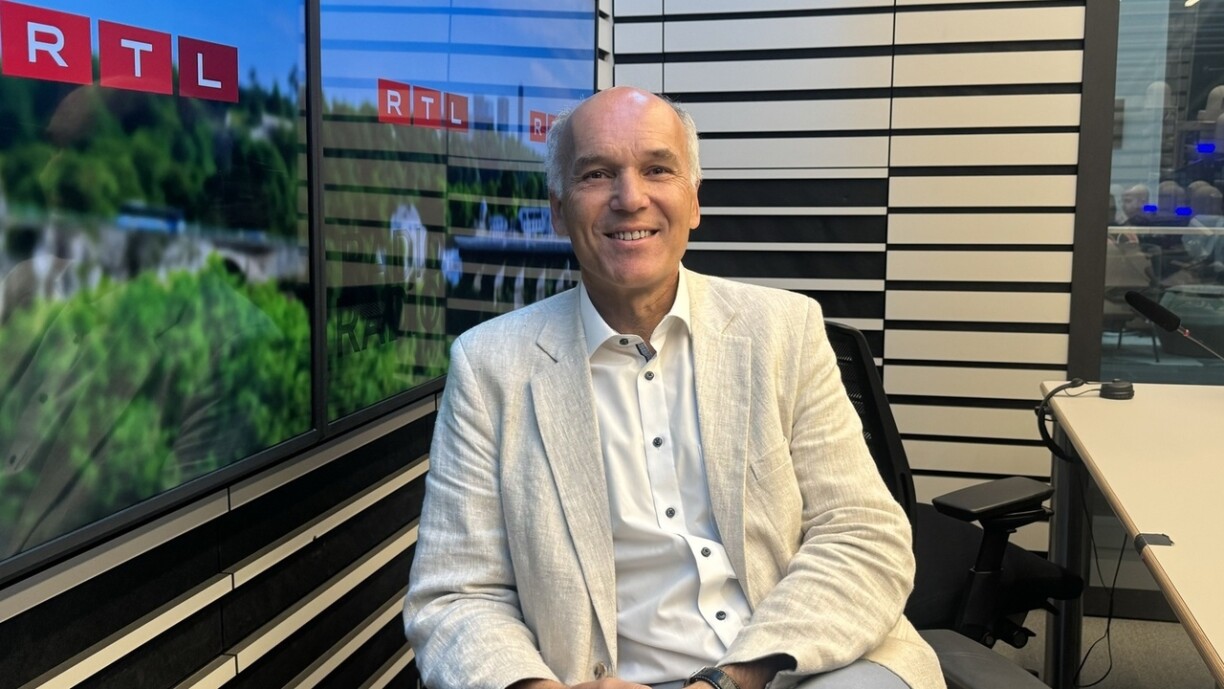
Schaaf will take over the parliamentary seat from Christophe Hansen, who was elected to the European Parliament and may become a future Commissioner. Schaaf is uncertain which parliamentary committees he will join but expects to be part of the Family and Education committees, though not the Spatial Planning Committee.
Schaaf expressed deep concern about “social injustice, child poverty, homelessness, and begging.” He noted that Luxembourg has reached a point where “the social policies of the past have failed to solve these problems,” necessitating new approaches. He emphasised that the coalition agreement includes 22 points on family policy, and as a trained social worker, he is eager to contribute constructively to their implementation.
Schaaf pointed out that many homeless individuals avoid large facilities like the Wanter Aktioun, which offers free winter accommodation. He advocates for creating “smaller, decentralised structures” to provide more accessible and comfortable places for people to sleep and eat.
Related -> ‘A failed system': Luxembourg social workers denounce treatment of homeless people
When questioned about the absence of a supervised injection site (SIS) in Ettelbruck, Jean-Paul Schaaf, a member of the municipal executive board (Schäfferot) in the town, explained the rationale behind the decision. Despite ongoing discussions in the social sector regarding Ettelbruck’s own drug-related challenges, Schaaf expressed scepticism about the benefits of establishing an SIS there.
Citing a study by German university professor Wulf Rössler on the decentralisation of psychiatry, Schaaf noted concerns about introducing additional heavy infrastructure in Ettelbruck. The study, published in 2005, cautioned against imposing such facilities on small local populations, fearing potential impacts on social cohesion. Schaaf acknowledged the study’s age and potential outdatedness.
Schaaf also highlighted a report commissioned by the Ministry of Health from the Youth and Drug Support Foundation. According to Schaaf, the study concluded that drug issues in the northern region, including Ettelbruck, differed significantly from those in other areas. He emphasised that street drug use was not the primary concern in Ettelbruck, suggesting alternative approaches such as enhancing existing meeting places like the reception area at Ettelbruck station.
Schaaf underscored the need for further development of such structures tailored to address local needs effectively.
Jean-Paul Schaaf eagerly anticipates the outcomes of the local police pilot project currently underway in Esch-sur-Alzette and Luxembourg City. If successful, Schaaf expressed his municipality’s readiness to participate, noting that an increased police presence “always contributes to a greater sense of well-being for citizens.”
Regarding the Nordstad (“North City”) project, which involves the merger of five municipalities, Schaaf acknowledged delays due to the pandemic and subsequent local elections. However, he emphasised that work is set to commence this autumn. All five municipalities involved have expressed commitment to the project’s continuation. The next steps involve establishing a timetable and forming thematic task forces, engaging local councillors and municipal staff in the process.
Schaaf expressed optimism that a referendum could be held in 2027, paving the way for the creation of a new major municipality by 2029 in Luxembourg.